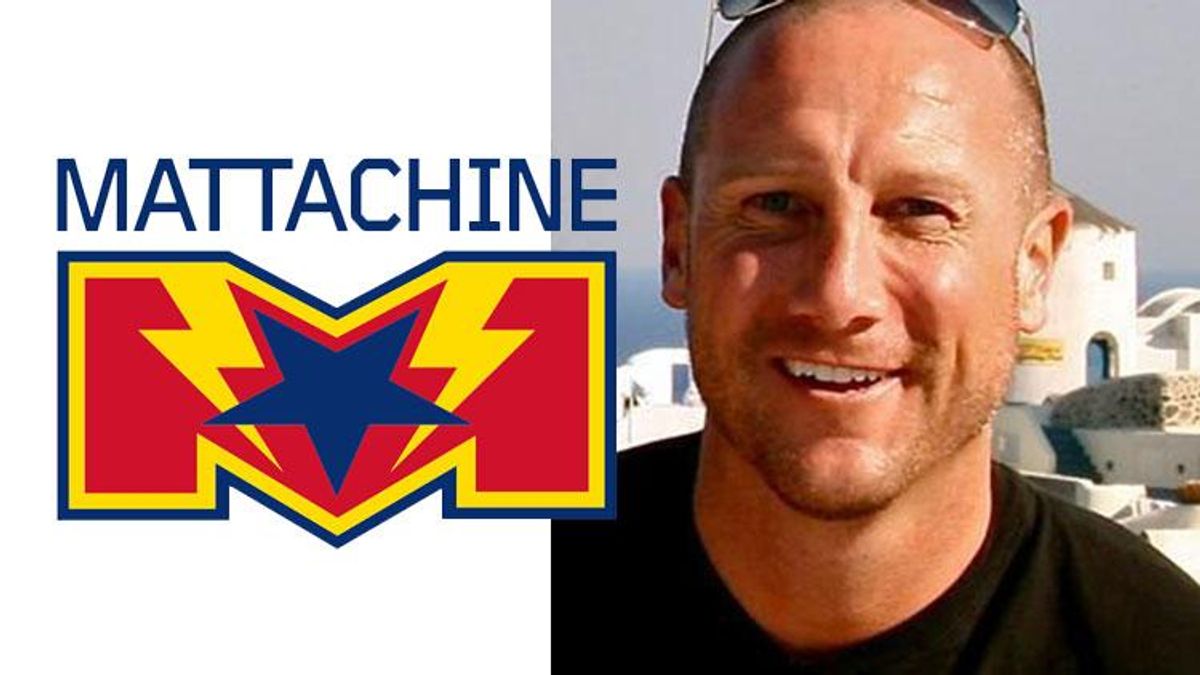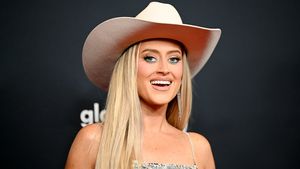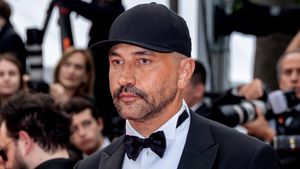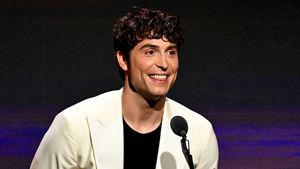When Brad Dunshee moved to San Francisco's Tenderloin neighborhood five years ago, he inadvertently settled next to a queer landmark. The now-43-year-old digital media professional discovered his apartment was down the block from the former Compton's Cafeteria, where an LGBT uprising took place in 1966, three years before the Stonewall riots.
"I had never heard of it," Dunshee says of the Compton's incident, where drag queens, trans women, sex workers, and gay and bi locals violently tussled with the police who regularly harassed them. Compton's, along with Los Angeles's Cooper's Donuts riot and Black Cat Tavern protests, was among the earliest recorded incidents of queer resistance to police brutality.
"I got interested in Compton's and it actually pissed me off that I didn't [learn] this history growing up," Dunshee says.
That frustration at the dearth of shared knowledge -- quickly fading from memory, if not Wikipedia pages -- prompted Dunshee to launch The Mattachine Podcast.
Dunshee taught himself how to record and edit the audio, conducted all the research, and designed an accompanying website. He's now recorded a "first season," with 12 episodes that cover subjects like "don't ask, don't tell," the gay actor Montgomery Clift, trans victim of suicide Leelah Alcorn, and the early lesbian organization Daughters of Bilitis.
"It's very much a passion project for me," Dunshee says.
The title of the podcast comes from the Mattachine Society, one of the first modern gay organizations, founded in 1950s Los Angeles by Harry Hay; the group's complicated origin story is explored in the podcast's first episode.
The second episode is dedicated to Matthew Shepard, the Wyoming college student killed in an antigay hate crime 20 years ago. Shepard's murder deeply affected Dunshee as a young man, and he says recording that episode was one of the hardest parts of creating the podcast.
Dunshee has already began work on the second season and hopes to dedicate episodes to the gay artist Robert Mapplethorpe and New Orleans's deadly UpStairs Lounge fire of 1973, which was intentionally set and killed 32 people. Dunshee encourages listeners to email him with suggestions for other episodes.
Living in San Francisco, Dunshee hopes to interview icons of the movement who still live in the city, like Cleve Jones and Armistead Maupin. He also has a resource at his feet with the city's GLBT History Museum, one of the only museums in the world devoted to queer history.
With the podcast, Dunshee wants to reach people who may feel very far from places like the Castro.
"Every time I sit down to actually record an episode, in my mind, I'm picturing that kid in Nebraska who's a little disconnected, who maybe isn't living in a blue state, maybe a bit isolated from his family," Dunshee says. "This is an opportunity to educate people. We have to be educated about our community."
The Mattachine Podcast is available on iPhone and Android.


















































































